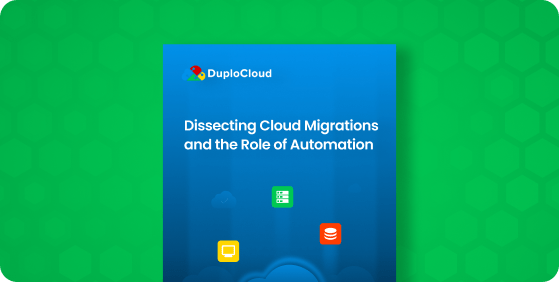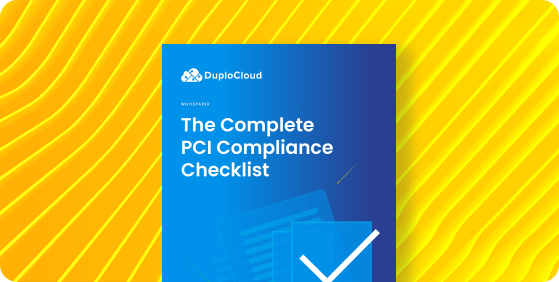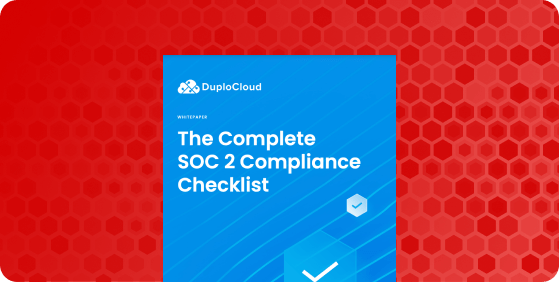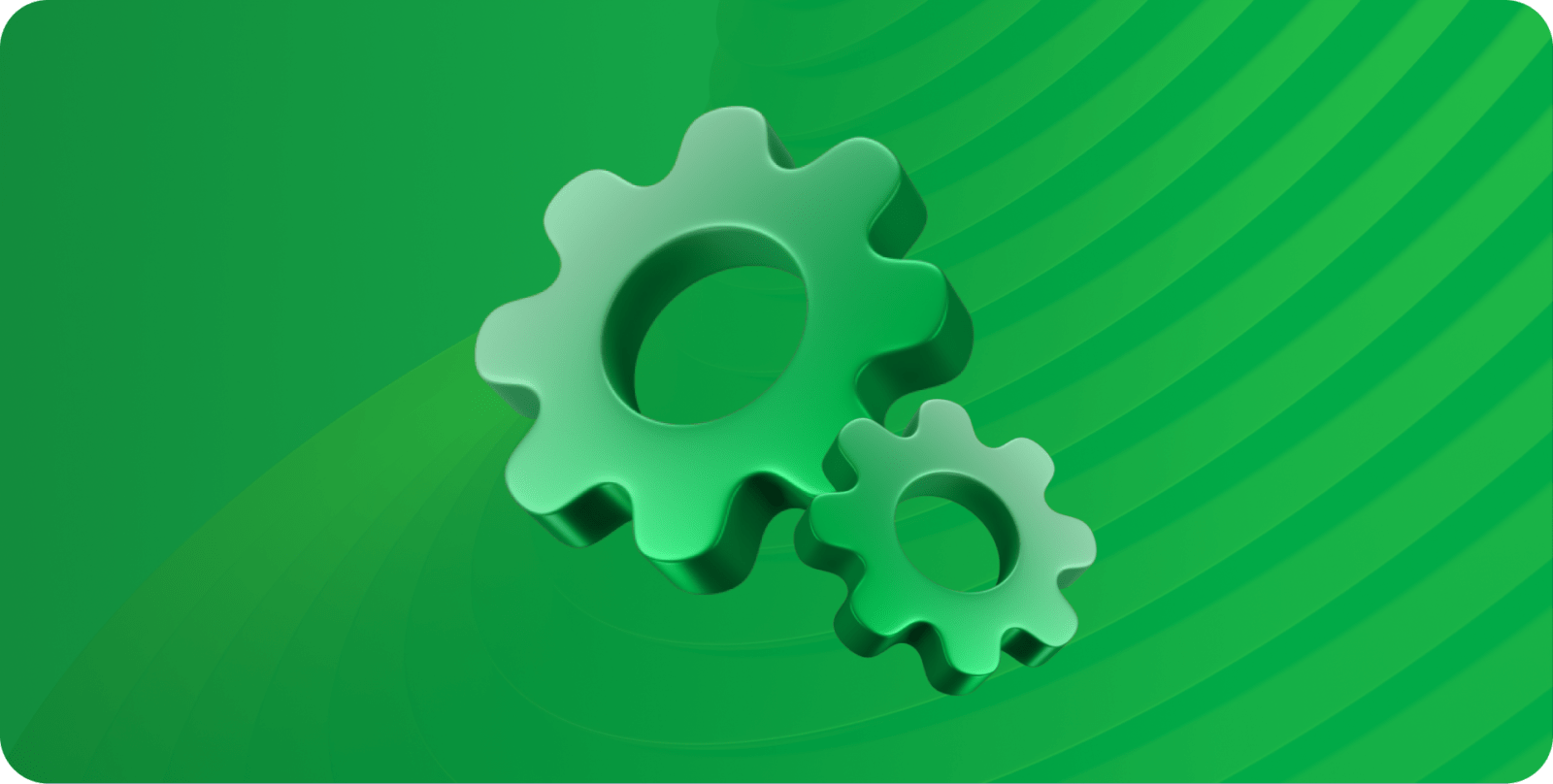A CMS can help you stay on track with compliance without slowing time to market
Whether you’re racing to get your product to market or looking to grow an existing offering, compliance concerns can be a pebble in your shoe. That pebble never goes away, because meeting various security standards, like SOC 2 and PCI DSS, is an ongoing exercise.
The surest way to minimize the pain without skimping on security features is with a compliance management system. But what is a compliance management system and how can businesses choose from the options on the market? You can make the decision easier by keeping some must-have features in mind.
Jump to a section…
What Is a Compliance Management System?
Why Do Businesses Need a Compliance Management System?
5 Features to Look for in Compliance Management Systems
What Is Compliance Software? Examples of CMS Solutions
What Is a Compliance Management System?
A compliance management system (CMS) is a software solution that helps DevSecOps teams document, manage, and track continuous compliance. In many ways, it’s similar to a project management system, but with specialized controls and workflows tailored to compliance tasks and more powerful features that can test your security systems. If your company has a compliance program, your team will likely use a compliance management system to execute it.
Chief compliance officers (CCOs) and the board of directors are ultimately responsible for compliance management, but in a day-to-day context, a compliance manager or another product manager acts as the designated admin for a CMS. That being said, all members of the team will interact with your compliance management system in some way, even if it’s just logging tasks or viewing documentation. For start-ups and small businesses, you may want to designate a few product managers with the greatest visibility into everyone’s tasks as CMS admins.
Why Do Businesses Need a Compliance Management System?
What is a compliance management system for? Simply put, it makes life easier. Automatic reminders as well as automated testing and reporting within a CMS, helps everyone see where they are on important milestones and allows them to follow through on outstanding items as part of their workflow. And most importantly, if your team uses a robust CMS and does so consistently, your time to market gets shorter due to less confusion and back and forth.
5 Features to Look for in Compliance Management Systems
What are the compliance tools typically found in a CMS? The specifications vary, but you should be on the lookout for these universally helpful characteristics when deciding on a solution for your team.
Risk Management
A compliance risk management system within a CMS can test and scan for security vulnerabilities and issue reports. The admin (or admins) should be able to schedule weekly or monthly scans and gap assessments to run automatically, freeing up much of your team’s precious time. A risk management feature should also alert and provide you with automatic updates on any new standards issued by regulatory organizations like AICPA or PCI.
Audit Management
An audit management tool creates paper trails and documentation, helping you organize your data for audits like the annual SOC 2 and PCI DSS compliance checks. The main virtue of this feature is time saved — specifically, time saved on not desperately digging through various reports while an audit date is looming on your calendar. A CMS with built-in audit management should send you reminders, help you categorize, update and track documentation, and generate automatic reports.
Integrations
If your team follows a DevSecOps approach, you need tools that allow for integration and collaboration. That means your compliance management system needs to work seamlessly with all components of your developer toolkit. When searching for a provider, make sure they integrate with Jira, AWS, and GitHub, as well as project management and collaboration platforms like Slack, Zoom, and Asana.
Intuitive Workflow
An easy-to-use interface is more or less a must for any solution that has the word “management” in its name; after all, the whole point is to make scheduling and tracking milestones easier. Look for a CMS that comes with a trial period, or at the very least a thorough demo, so you can get a sense of whether or not the system setup will work for your team.
Policy Management
As mentioned earlier, your compliance policy documents and workflows are translated into actionable steps via the compliance management system. A CMS is where everyone on your team can learn about the various protocols, submit feedback, and ask to implement changes. To that end, managing your policy documents and related systems within a compliance management solution should be a painless experience.
Are you SOC 2 compliant? SOC 2 is one of the most respected cybersecurity frameworks that service providers can be certified in, and our free checklist will walk you through each step:

What Is Compliance Software? Examples of CMS Solutions
We can’t fully answer the question “What is a compliance management system?” without mentioning some examples of the best solutions on the market.
Hyperproof
Hyperproof is a compliance automation platform that helps developer teams plan and execute compliance tasks. That includes mapping and forecasting updates and tying them to related actions, as well as managing security bugs with a detailed risk management tool.
AuditBoard by CrossComply
AuditBoard provides compliance management across a variety of industry standards, including GDPR, HIPAA, and SOC 2. Some noteworthy features include gap assessments and the ability to create a common controls framework, so there is no need to duplicate your efforts (and waste time on redundant tasks). AuditBoard also comes with a comprehensive audit tracking feature that has tools for every stage of the audit process, from evidence collection to reporting.
RiskCloud by Logic Manager
A risk assessment solution designed for IT teams, RiskCloud is especially adroit at policy management and helping teams align their own controls with requirements like ISO, GDPR, and CCPA. Its platform also comes with a content hub where teams can store and manage reporting and documentation.
DuploCloud
DuploCloud is a continuous compliance automation platform. What does that mean? Generally, it means we help start-ups and small-to-midsize businesses bring their product to market faster. Our built-in controls are compliant with common regulatory standards (SOC 2, HIPAA, and PCI DSS, among others) out of the box, which leaves your team to focus on creating your unique product. Schedule a demo to learn more about our platform.









